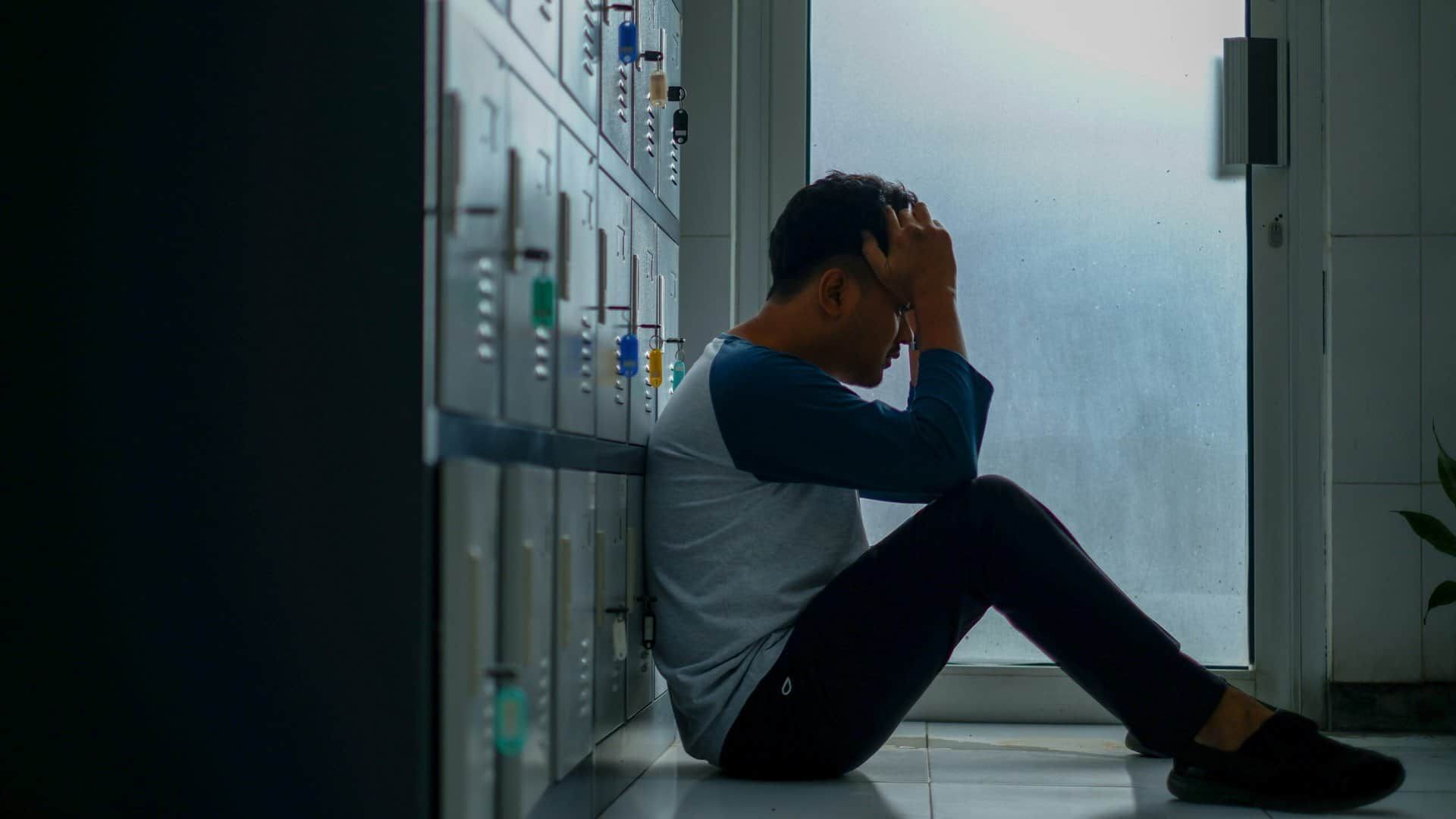Question About Treatment
Heroin Detox: Withdrawal and Treatment

Heroin is a highly addictive illicit opioid derived from morphine, the natural opium poppy plant. Regular use of heroin develops a tolerance and physical dependence on the drug, which can make the heroin detox process complicated.
Heroin detox is a complex strategic management of intense withdrawal symptoms. Medical management with a medication-assisted treatment option in a professional facility is the safest and most effective form of detox from heroin.
Heroin Detox
The heroin detox process is complicated because heroin binds to the opioid receptors in the brain and central nervous system, causing changes in the brain’s chemical structure. Heroin affects the brain differently than endogenous or naturally occurring opioids. Heroin spurs abnormal signals to the brain and brainstem, adversely affecting essential functions with the heart, respirations, and sleeping. Tolerance builds, and it takes a higher drug dosage to achieve the same desired effect, which causes physical and psychological dependence.
Withdrawal symptoms typically begin 8 to 24 hours after the last usage of heroin. During heroin detox, uncomfortable and painful withdrawal symptoms are the key factor in why people relapse. The intensity of withdrawal symptoms during the heroin detox process varies for each individual based on the personal factors of the addiction. Treatment professionals know that the assessment containing vital personal information before detox is the key to managing each detox program.
The heroin detox process manages extreme withdrawal symptoms, rarely life-threatening, but without medical management, it can lead to physical complications. Diarrhea, vomiting, electrolyte imbalances, and dehydration can cause dangerous and threatening side effects. Medication-assisted treatment (MAT) is beneficial to lessen the intensity of the symptoms and reduce the chance of relapse. Safe and effective heroin detox is possible under professional circumstances.
Acute (Short-Term) Heroin Withdrawal Symptoms
Intense withdrawal symptoms can last 3 to 10 days. Individual factors such as age, physical and mental condition, length of addiction, regular drug dosage, frequency of use, and whether other substances are involved with heroin are determinants in intensity and length of withdrawal. Heroin detox is physically uncomfortable and psychologically distressing. Medically monitored detox programs are the safest method of symptom management.
Heroin withdrawal symptoms include any of the following:
- Increased pulse, breathing rate, and blood pressure
- Elevated body temperature
- Unusually sensitive reflexes
- Nausea and vomiting, sweating and goosebumps
- Diarrhea
- Bone pain and muscle spasms, cramps, and pain
- Dilated pupils and watery discharge from eyes and nose
- Sleep disturbances and insomnia
Medication-Assisted Treatment for Heroin Addiction
The National Center for Drug Abuse Statistics reports that 15,000 annual opioid overdoses involve heroin. The safest choice is to avoid overdose and relapse during the heroin detox process by using a professional detox in a center that offers medical management and medication-assisted treatment. When withdrawal symptoms become intense, many patients choose to quit and use immediately but often unintentionally overdose in their sense of panic.
Medication-assisted treatment (MAT) designed for heroin addiction combines pharmaceuticals approved by the FDA and behavioral therapy. The benefits of MAT include the goal of a whole-patient-focused approach to treating heroin addiction. Medications can reduce the discomfort of withdrawal symptoms, decrease the intensity of heroin cravings, and reduce the chance of relapse.
Some people may be concerned about treating drug addiction with drugs, but it can be safe and effective under professionals’ close supervision and medical management. The explicit goal of utilizing MAT during heroin detox is complete recovery.
Current research provides that medication-assisted treatment has:
- Increases survival rates of patients
- Increases rates for addiction treatment
- Decreases any criminal activity related to opioid or drug use
- Increases a patient’s abilities and possibility of gaining and maintaining employment
Cold Turkey Versus Professional Detox Programs
Cold turkey heroin detox is not a wise recommendation. Relapse and overdose are highly likely if professional medical management is not present during the heroin detox process. Professional treatment staff provide psychological and physical support during heroin detox.
Without adequate hands-on support, longevity and continuance of sobriety are set on a shaky foundation. Withdrawal from long-term heroin must include medical management to ensure safety for all.
IOP Versus OP for Heroin Detox
Intensive outpatient programs are available but are most effective as a treatment option when detox is not a requirement. IOP is an excellent backup after a residential treatment plan for additional support. Outpatient programs are successful after a professional detox is complete.
The options are available for individual desires, needs, and convenience to maintain a lifestyle, occupation, and family relationships while participating in heroin treatment.
Treatment Options for Individual Needs
After the heroin detox process is complete, several treatment options are available. Residential or inpatient treatment is often the treatment team’s recommendation for long-term heroin addiction. However, outpatient, partial hospitalization programs, and telehealth outpatient are becoming more successful. Medication-assisted treatment may carry on after detox, but it is the determination of the medical team.
Evidence-based behavioral, individual, group, and family therapies are crucial to recovery. Holistic therapies can enhance the standard treatment program, teaching vital skills for a healthy and positive sober lifestyle. Sober living options after treatment can help to transition those with heroin addiction into the community. It is best to be aware of the possibility of any post-acute withdrawal symptoms that may occur after treatment ends to prevent relapse.
Find Compassionate Care in Detox in California
Those ready to commit to becoming sober and begin detox in California can find additional information through Sierra Health + Wellness. The center offers a wide variety of treatment options for every individual need. We use essential programs run by medical and mental health professionals who look forward to assisting their patients.
Contact our center today and learn more.

 9985 Folsom Blvd, Sacramento CA 95827
9985 Folsom Blvd, Sacramento CA 95827 (866) 303-6275
(866) 303-6275

